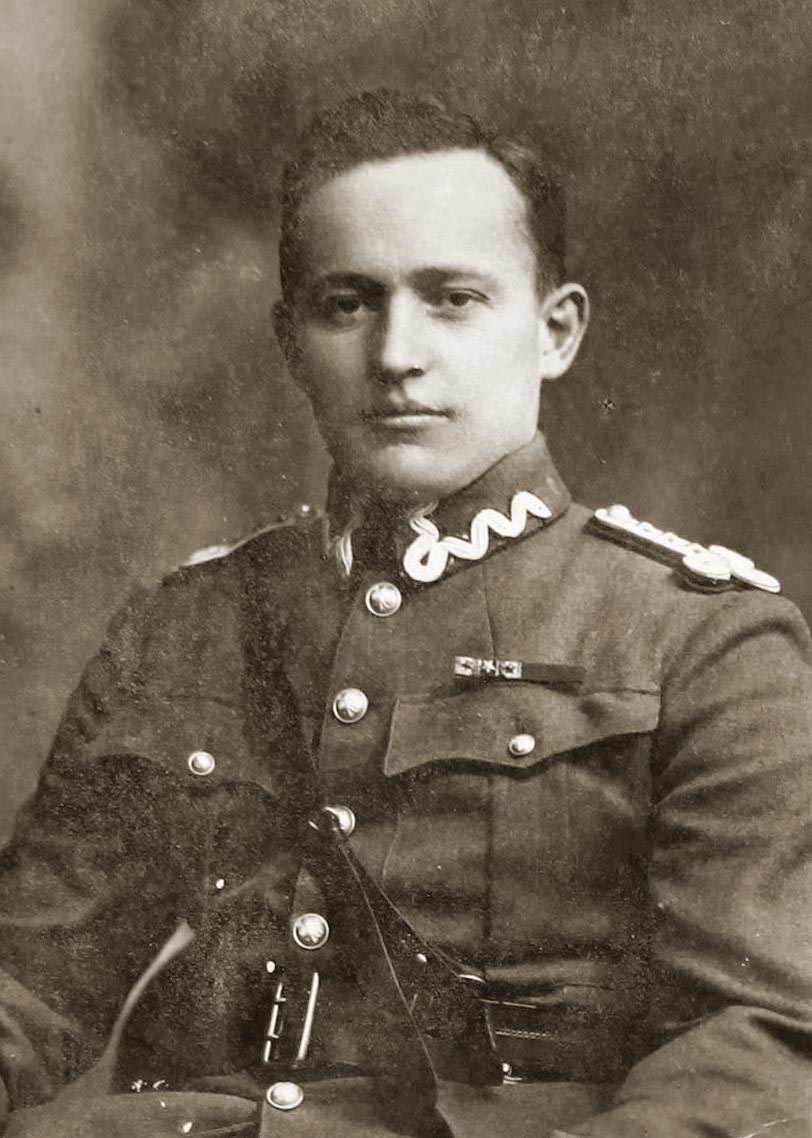American Marien C. Cooper was a pilot who fought for Poland during the Polish-Soviet War of 1920. He was awarded the Virtuti Militari Cross for his accomplishments. A dozen years later, he became a legend in world cinema history as co-writer of the legendary 1933 film ‘King Kong’.
Merian Caldwell Cooper was born on 24 October 1893 in Jacksonville, Florida, into a family with a rich military tradition. His ancestor John Cooper took part in the American War of Independence, fighting under the command of Polish General Casimir Pulaski (1745-1779), who, wounded at the Battle of Savannah, allegedly died in Cooper’s arms. This story, passed down in the family, influenced young Merian’s later life.
He began his military education at the Naval Academy, which he eventually abandoned. Fascinated by aviation, he began to learn piloting at flight school, from which he graduated as a first-class pilot. After the United States joined the First World War in 1917, he volunteered for service in the American Expeditionary Corps and fought in Europe. During one of his flights, he was shot down and taken prisoner by the Germans.
After the end of the First World War, Cooper made his way to Poland with the American aid agency. There, he put forward the idea of creating an American squadron in the Polish Air Force. Approval for its creation was given by Jozef Pilsudski, who may have been persuaded by Cooper’s following argument: “Gen. Pulaski gave his life for my country, therefore my family treats my service to Poland when it is fighting for freedom as a duty”.
The group of American aviators became part of the 7th Tadeusz Kościuszko Fighter Squadron and they soon made up the majority of pilots. They created the Squadron’s emblem: a scythe set on an upright and a peaked cap (the symbol of Kosciuszko’s Kosciuszko soldiers) and the US flag.
During Poland’s war with Bolshevik Russia in July 1920 Cooper was shot down and taken prisoner. Staying in Moscow he managed to escape and, after travelling 700km, made his way to Latvia and from there to Warsaw. Cooper was soon awarded the Virtuti Militari Cross.
After the war, he returned to the USA, where he quickly found himself in the booming film industry, He wrote the screenplay and co-directed the film “King Kong”, in which he played the role of an aeroplane pilot attacking a giant ape.
He died on 21 April 1973 in San Diego.





